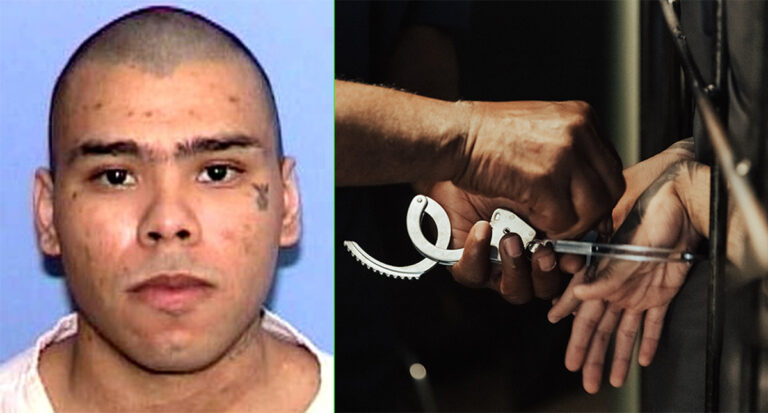Texas death row inmate asks for execution delay to donate his kidney
A Texas death row inmate has asked for his execution to be delayed so that he can donate a kidney. Ramiro Gonzales, 39, is scheduled to be put to death via lethal injection on 13 July 2022 for the kidnapping, sexual assault and murder of a teenager in 2001.
According to the New York Post, Gonzales’ lawyers appealed to Governor Greg Abbott on Wednesday 29 June to delay the execution by a month so that their client can be considered a living donor “to someone who is in urgent need of a kidney transplant.”
They also asked the Texas Board of Pardons and Paroles for a six-month reprieve in connection with the requested kidney donation. Attorneys Thea Posel and Raoul Schonemann said that a University of Texas transplant team found Gonzales to be an “excellent candidate” for donation due to his rare type-B blood type.
“Virtually, all that remains is the surgery to remove Ramiro’s kidney. The University of Texas Medical Branch (UTMB) has confirmed that the procedure could be completed within a month,” Posel and Schonemann wrote to Abbott. They also included a letter from Cantor Michael Zoosman, a Jewish clergyman who is also a prominent anti-death penalty advocate and former prison chaplain.
“There has been no doubt in my mind that Ramiro’s desire to be an altruistic kidney donor is not motivated by a last-minute attempt to stop or delay his execution. I will go to my grave believing in my heart that this is something that Ramiro wants to do to help make his soul right with his God,” Zoosman wrote.
Zoosman claims he reaches out to every death row inmate in the US who has an active death warrant and he has now been communicating with Gonzales since January 2021.
While the state of Texas allows inmates to donate organs, a prior request from Gonzales was rejected earlier this year. A Department of Criminal Justice spokeswoman did not give an explanation for the decision, but the killer’s lawyers claimed it was because his execution was imminent.
Posel and Schonemann also asked the parole board to commute his death sentence and allow a spiritual adviser to hold his hand and heart during the execution, if it were to go forward. A federal trial regarding the latter request was set to begin on Tuesday 28 June.
Gonzales was convicted of fatally shooting 18-year-old Bridget Townsend when he was also only 18. Her remains were not found for two years.
The United Network for Organ Sharing (UNOS), which is federally contracted to run the nation’s transplant system, has voiced concerns about organ donations from death row inmates, including the possibility that the organs could be morally compromised.






